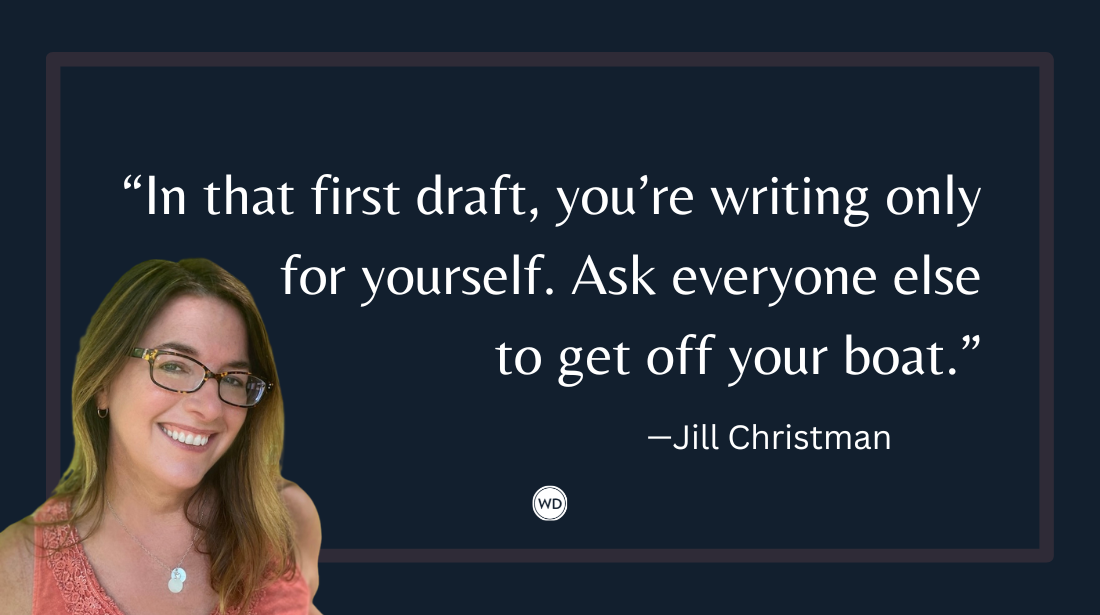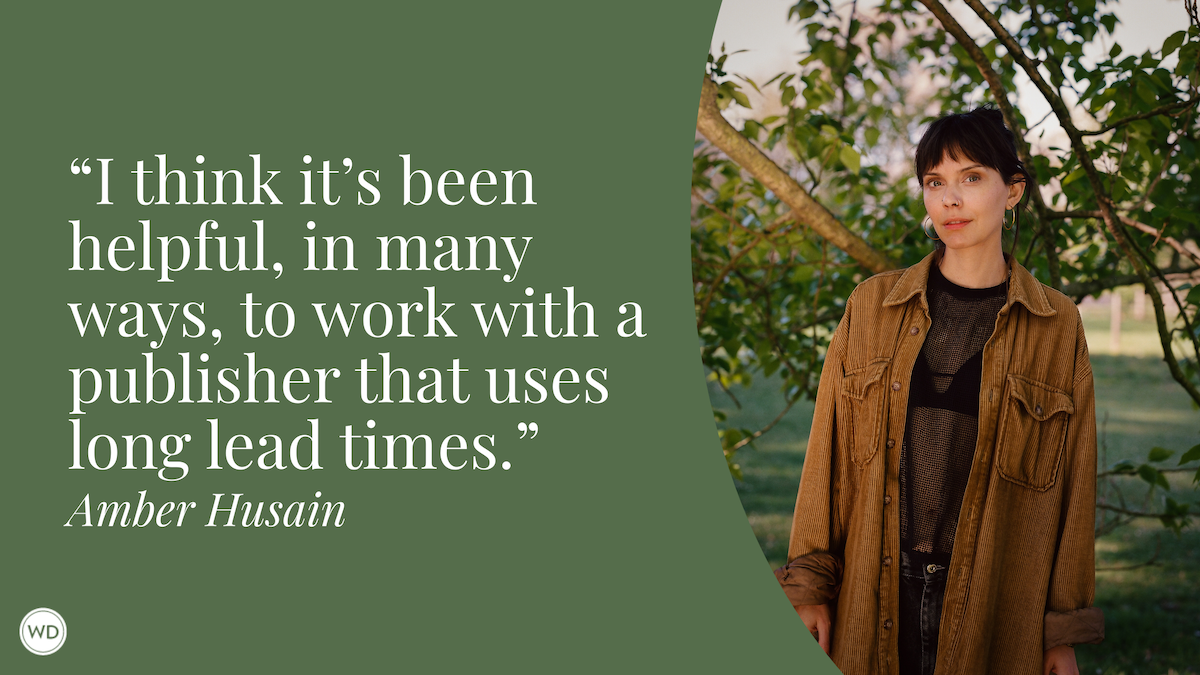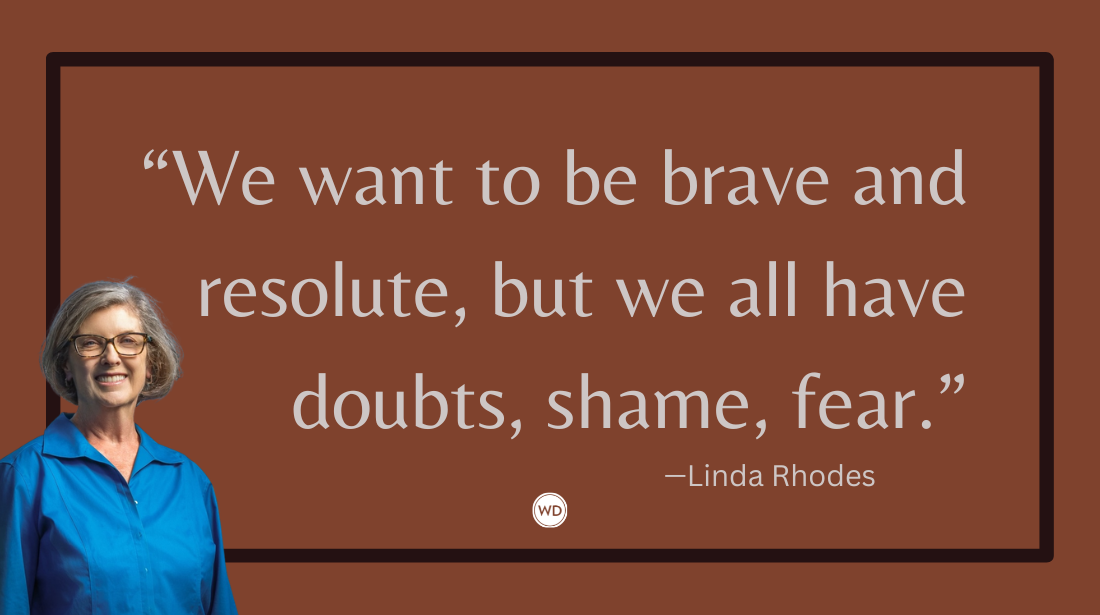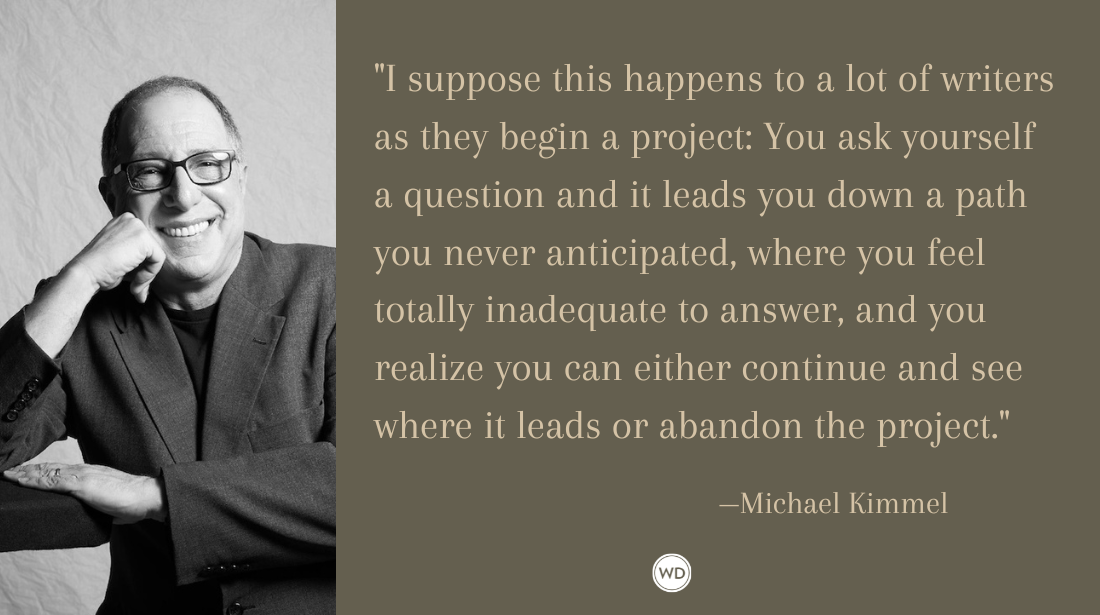7 Things I’ve Learned So Far, by Lisa Freeman
Outside of personal experience, the best way to learn is to get advice from people who’ve been there and done that. Discover the seven things learned so far by author Lisa Freeman.
In “7 Things I’ve Learned So Far,” writers at any stage of their career can talk about writing advice and instruction as well as how they possibly got their book agent — by sharing seven things they’ve learned along their writing journey that they wish they knew at the beginning. This installment is from Lisa Freeman, author of HONEY GIRL (Sky Pony Press, March 2015).
1. There is no excuse. Nothing can stop you. Once I take failure out of the equation, it’s amazing how quickly I can succeed. The trick to this is to always be ready to write. Carry your pen, paper, laptop with you room to room, place to place. If you are on kid patrol, you never know when the opportunity will make itself available to write. My favorite place to work is the carpool line, getting there early so I’m in front. This makes socializing more difficult for the parents who just have to chat. It’s okay to lock your door and roll up your window if they don’t get the message you’re a writer on a deadline. Also, play dates. Who says you have to go inside and have a banal conversation with a mom you’ll never talk to again? Stay in your car and write. Or better yet, after-school sports (my favorite). When my eight-year-old daughter was ice-skating, I got 90 minutes of uninterrupted writing time. All it required was my laptop, parka, and blanket so my butt didn’t freeze on the bleachers. The other parents learned to leave me alone, and I later learned it wasn’t coffee they were drinking out of that thermos. The moral of the story, don’t waste time. Every second counts.
2. Know you are a success without needing someone to praise your efforts. Satisfaction is what makes me feel successful. That feeling of knowing I completed my obligations, kept balance, and had a good day of writing.
3. Avoiding burnout is the prime directive. Know what you can do and what you can’t do. Some people call this humility. Perfection is a myth. Remember, you’re on a deadline. It’s time to pony up. Trying to create a novel and the perfect meal is not possible, so don’t ask yourself to. When it comes to cooking, done is good. Most of us are not Martha Stewart types, and pre-prepping for the week is a joke, so I figure out what I’m going to make for dinner and give myself a half hour to do it. Steamed vegetables and pasta is a well-rounded meal in my house. Having said that, I sit with my family even if I don’t eat when I’m on deadline. That means if my brain is spinning in a thousand different directions, I stop for kids. That should be a sign every parent has over their desk: a yellow octagon, reading I Stop for Kids. They need our attention, and after all, how long will they be five, or six? In a blink of an eye, they’ll be 18 and leaving the house. Remember, you will meet your deadline even if you take a half hour to sit with your family and try to look human.
Order Lisa Freeman's Honey Girl today.
4. Prioritizing is a lifetime job. You must find a way to do this on a daily basis if you are a writer. Often it’s as simple as following the physical order of events. Take the morning, for example. Getting dressed as soon as you wake up will save you from a day in pajamas. It’s best to create a uniform instead of trying to be a fashionista. I find stretchy black pants and a crisp white shirt works all day and night. A “tomorrow basket” like I make for the kids helps immensely in the foggy morning moments. A to-do list with one task on an index card is realistic. Remember, if we do one task a day, at the end of the week, seven have been done.
5. Be ready for interruptions. You’re a parent. It’s inevitable. But you’re also a writer. Best to have some remarks prepared, such as, “Oh thanks, not now sweetie,” or, “How kind of you, maybe later.” The reason I say this is to remind us to think before we speak, especially during a long writing session for a deadline. Why compromise the integrity of your relationships? There are also little avoidances and annoyances, which are actually the same thing. Nothing stops my creativity more than a distraction such an unpaid bill or dog that needs to go out. My rule of thumb is the faster I take care of it, the faster I get back to work. If by chance you have teenagers who are already in their room and ignoring you, the opposite applies. Interrupt them. Make contact, then go back to work.
6. Know what gets you writingand how to start. If you have to stand on your head for five minutes before you write, make sure you have those five minutes for yourself without fail. Or if you need to use a special pen to write with, be sure you 100 of them on your desk or in your backpack. Remember, there are no excuses.
7. Why set yourself up to succeed as a writer and fail as a parent? You’ll regret it. Balance is the key to longevity, and hitting deadlines with a family will just make you a stronger author. I give myself realistic tasks. For example, if my two year old has a cold and I’m on a deadline, I give myself permission to cancel everything to hit that deadline, and most importantly, be there for my child. Remember, if you’re having one of those days, order pizza.
Lisa Freeman is an author, actress, and teacher best known for her novels Honey Girl (2015; Sky Pony Press) and Riptide Summer (2017; Sky Pony Press). She grew up amidst the Hollywood scene and emerged as an actress in such films as Back to the Future, Back to the Future II, and Mr. Mom. She earned her MFA and Pedagogy in the Art of Writing degrees from Antioch University and now resides in Santa Monica, California, only miles down the road from State Beach, where her Honey Girls novels take place. You can visit her at Lisa-Freeman.com.









